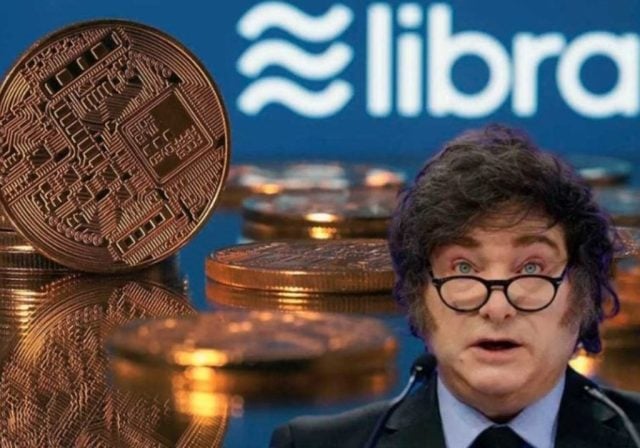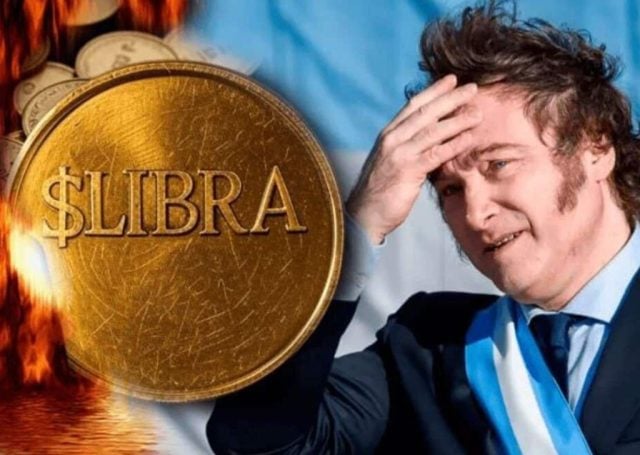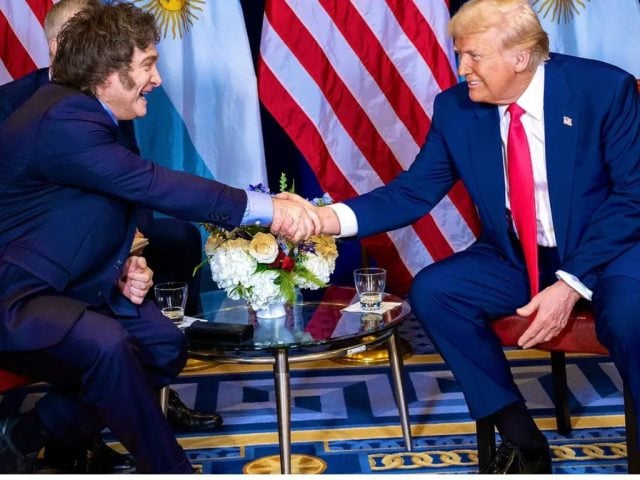Original article: Billetera “Milei” ligada a la estafa $LIBRA movió más de US$9 millones horas antes de audiencia en Nueva York
One of the virtual wallets suspected to hold a portion of the ill-gotten gains from the $LIBRA cryptocurrency scam executed suspicious transactions exceeding $9 million on Monday, just hours before a federal judge in New York called for a hearing to assess the preventive freezing of the accused’s assets.
The transfers, identified by blockchain specialist Fernando Molina, occurred from a wallet named «Milei«—assigned on one of the platforms—to other wallets and networks, plausibly aimed at concealing evidence and protecting the funds.
This happened right before Judge Jennifer Rochon of the Southern District Court of New York summoned Hayden Mark Davis, CEO of Kelsier Ventures and creator of the controversial cryptocurrency, along with other defendants to a virtual hearing held yesterday.
The wallet’s significance is tied to statements made by Davis, who, following the scandal, boasted that it contained capital linked to Argentina.
In an interview in February of this year, shortly after the fraud was carried out, Davis claimed he had around $100 million «ready to inject into $LIBRA,» stating that this capital «belongs to Argentina» and «the Argentine government,» without providing further details about the money’s source, as reported by Página/12.
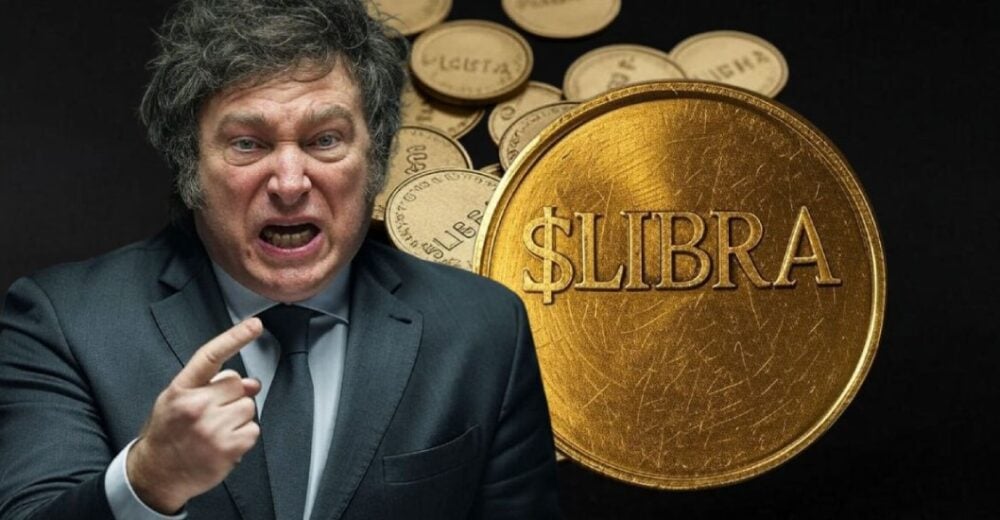
Wallet «Milei» Reactivates and Moves Over $9 Million
The «Milei» wallet, which had been inactive and frozen since February 15, showed activity this Monday, transferring the $9 million. According to Fernando Molina’s analysis on his X account, the judge’s decision to communicate came when only $800,000 of the original $9 million remained to be transferred. Almost the entirety of the money had already been redistributed, in a clear strategy to render its destination untraceable.
Molina detailed that the dollars ended up in a «TRON wallet,» which means «to a network that Davis does not use.» Given this anomaly, the expert questioned: «Is he sending money to someone?» Some of these questions may begin to unfold during the hearing called by Judge Rochon for 6 PM this Tuesday, Argentine time.
The lawyers of the defrauded parties, who are pushing for a class-action lawsuit, had requested an «emergency» measure to freeze several wallets to prevent the destruction of evidence, arguing that the flow of bitcoins between virtual accounts could make it impossible to trace the final bearers of the money.
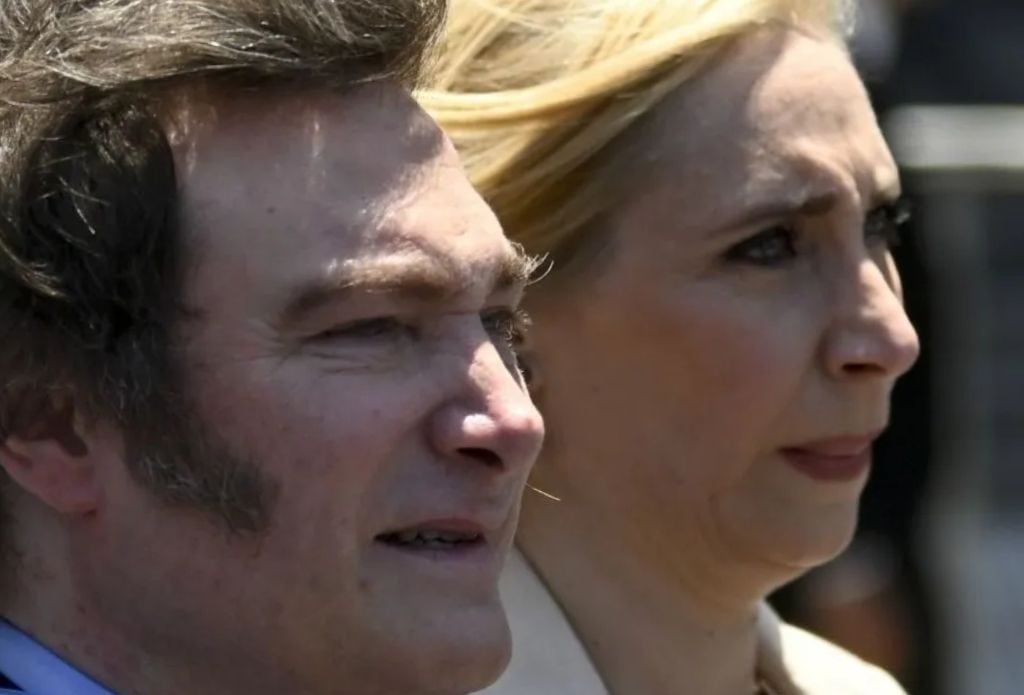
U.S. Judge Does Not Rule Out That Milei or His Sister May Be «Owners of the Profits»
The investigation has revealed that this and other wallets connected to the scam were of the «multisig» type, meaning that they require the «signature» or approval of at least three individuals to move funds. This suggests that, presumably, besides Davis himself, other individuals had access and control over the «Milei» account.
Judge Rochon herself affirmed in mid-October that «the evidence may suggest» that the beneficiaries of the scam could include, among others, «Milei himself, his sister Karina, or businessman Hayden Davis.» However, at that time, she concluded that the evidence gathered so far was «insufficient» to hold the Argentine government accountable.
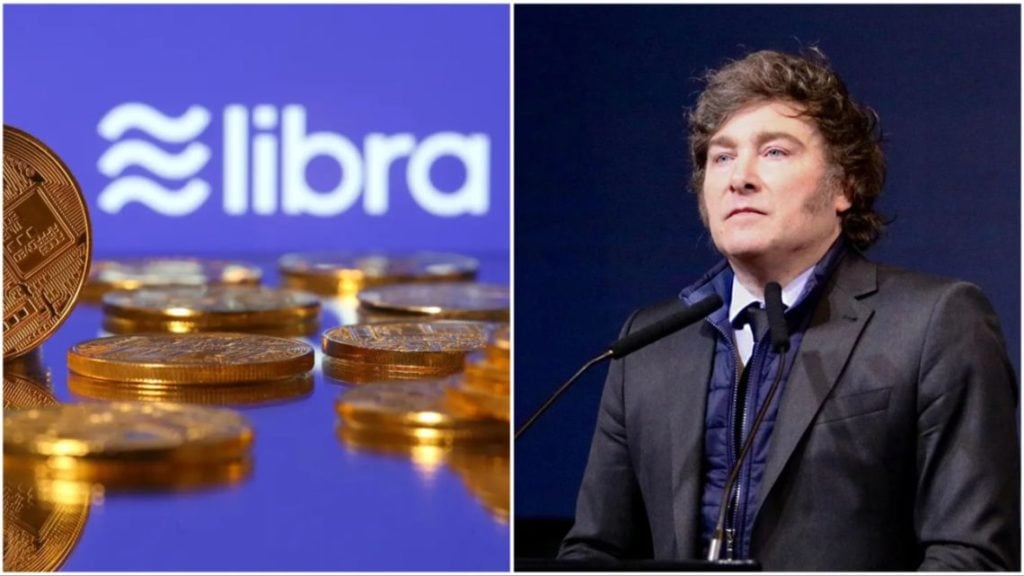
Congress Points to Political Responsibility of the Libertarian in $LIBRA Scam
Suspicions regarding President Javier Milei’s connection to the scheme were backed by the final report from the Investigative Commission of the Argentine Congress.
The $LIBRA Commission’s document, presented yesterday after three months of investigation and exceeding 200 pages, claims that the so-called «libertarian» «compromised the presidential office in an act that cannot be characterized as private, evidencing a sustained behavior that blurs the lines between public and private.»
“Javier Milei utilized the presidential office, and Karina Milei at the very least facilitated official government facilities to carry out an action that is being investigated as an alleged international scam,” warned the 14 opposition deputies who signed the document, led by the commission’s president Maximiliano Ferraro (Civic Coalition).
The report states that the president was “the first person in the world to publicly share the contract number on a social network, a contract number that was not publicly accessible.” The Commission noted that Milei has yet to explain how he obtained that information.
Furthermore, the Commission considered the direct links of Milei with other implicated individuals under scrutiny by Argentine justice, such as Mauricio Novelli—owner of the Tech Forum Milei attended in 2024—and Manuel Terrones Godoy, a YouTuber linked to previous crypto scams.
The technical analysis of the blockchain detected “fund flow between these actors that coincided with the amounts and dates indicated in previous investigations that describe a supposed cooperation agreement aimed at ‘monetizing’ the image of President Javier Milei.”
The Commission was unequivocal in stating in the report that the far-right president’s involvement in the scandal was “essential.”
The commission, composed of and supported by opposition blocs, recommended that Congress assess whether President Javier Milei committed «misconduct in the exercise of his duties.» The report, now in the hands of prosecutor Eduardo Taiano, concluded that «due to the high institutional gravity and the misappropriation of the presidential office, this Commission states: That Javier Milei and Karina Milei bear political responsibility for the succession of events linked to the cryptocurrency $LIBRA.»
It also indicated that a decision was made to “criminally report the officials of the National Executive Branch who systematically refused to cooperate with the investigation, obstructing the exercise of our constitutional powers, for possible failure to comply with public servant duties.»
This Tuesday’s hearing in New York marks a critical new chapter in this complex financial and political web, where the movement of millions of dollars and judicial decisions start to close in on those suspected of one of the most prominent crypto scams in recent history.
